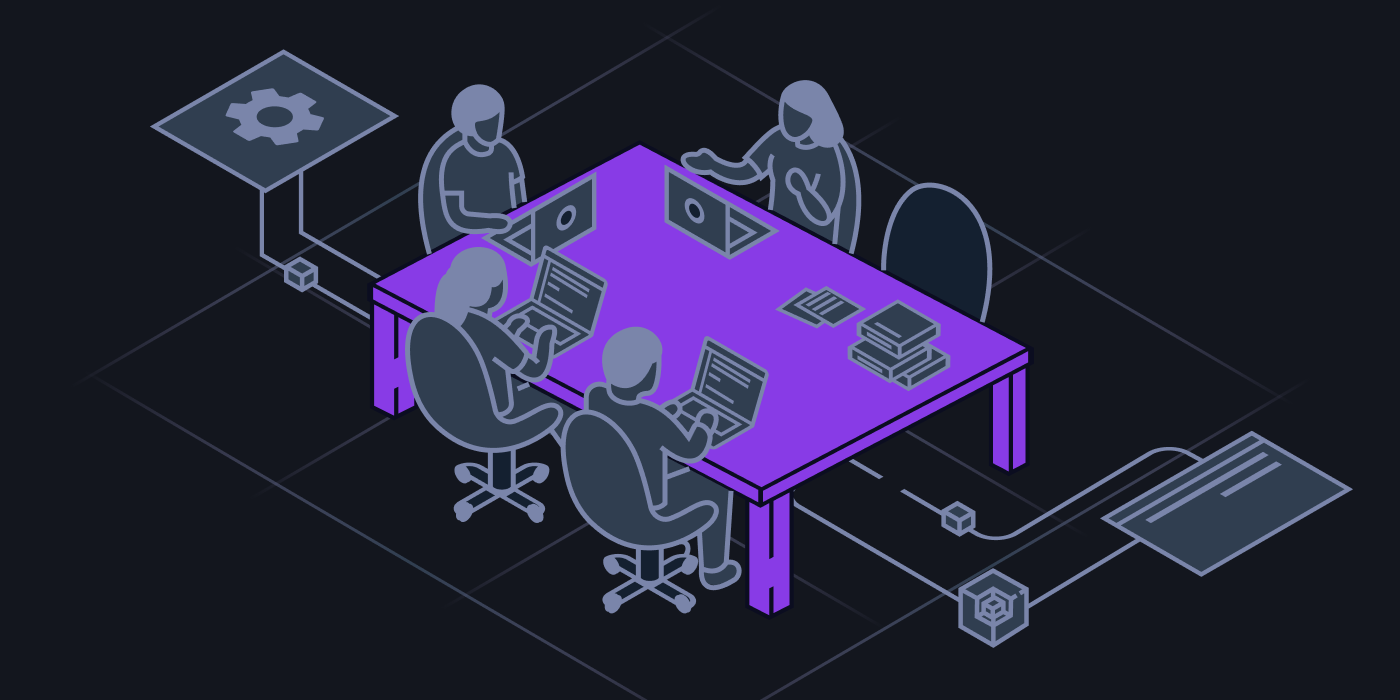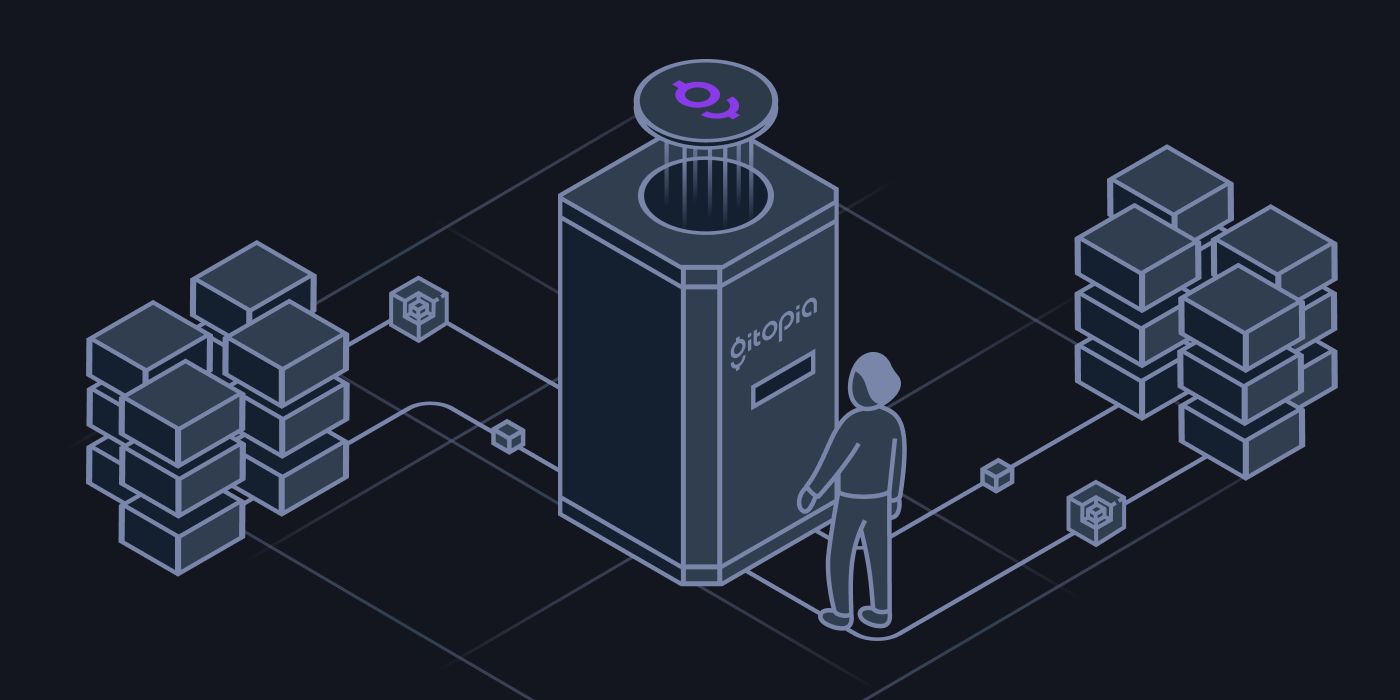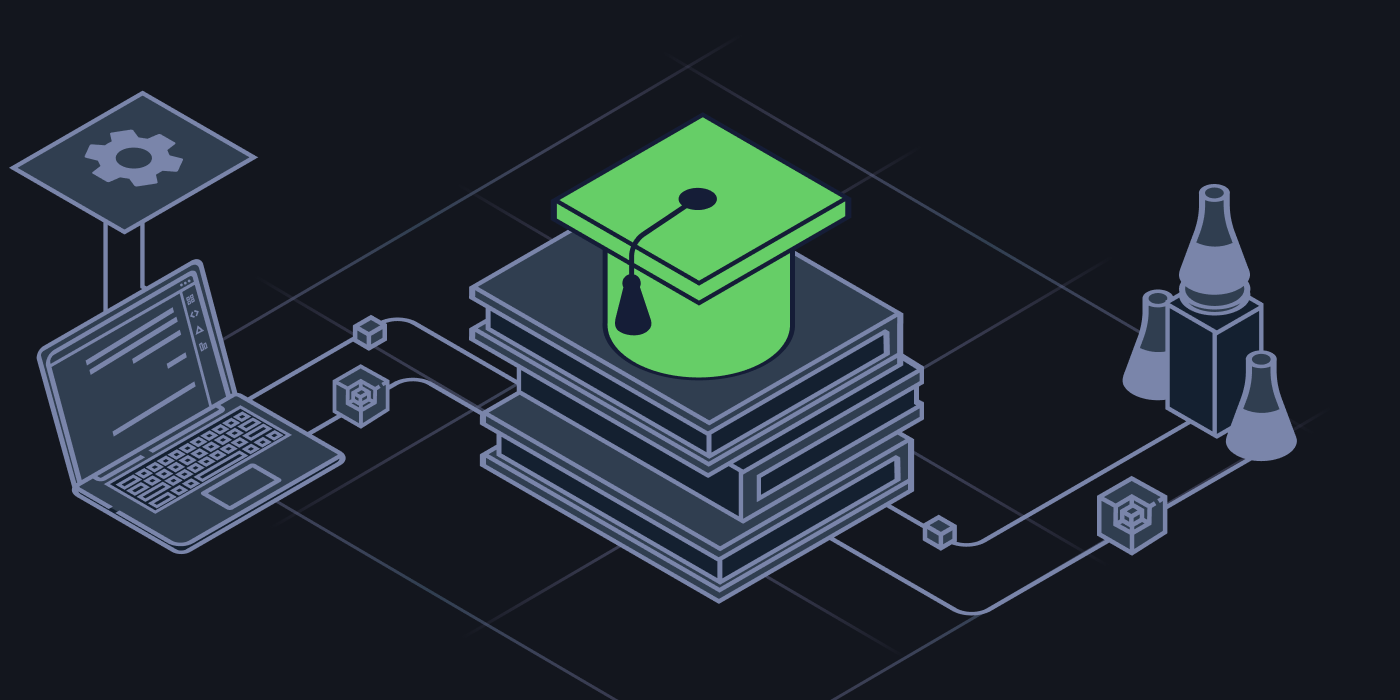A community is a group of individuals that unite around a common passion and relentless focus to improve outcomes for a particular population. Members of a working community commit to sharing data, experience, and skills to design, develop and implement improvements inside and outside the environments they work in.
The communities in the context of Gitopia are the open-source communities. Every open source project has a structure and a governance model to facilitate proper functioning. Depending on their roles and responsibilities, the different members in an open-source project are classified into leaders, maintainers, contributors, and citizen developers.
In some cases, a person may fall into more than one of the above categories; For example, a leader of one open-source project may be a contributor in another project. Similarly, a user/citizen developer of one project may be a leader in another open-source project.
The majority of the participants in the Gitopia ecosystem fall into the four classes of leaders, maintainers, contributors, and citizen developers. Almost every participant in the Gitopia platform will be a contributor or a citizen developer.
Leader
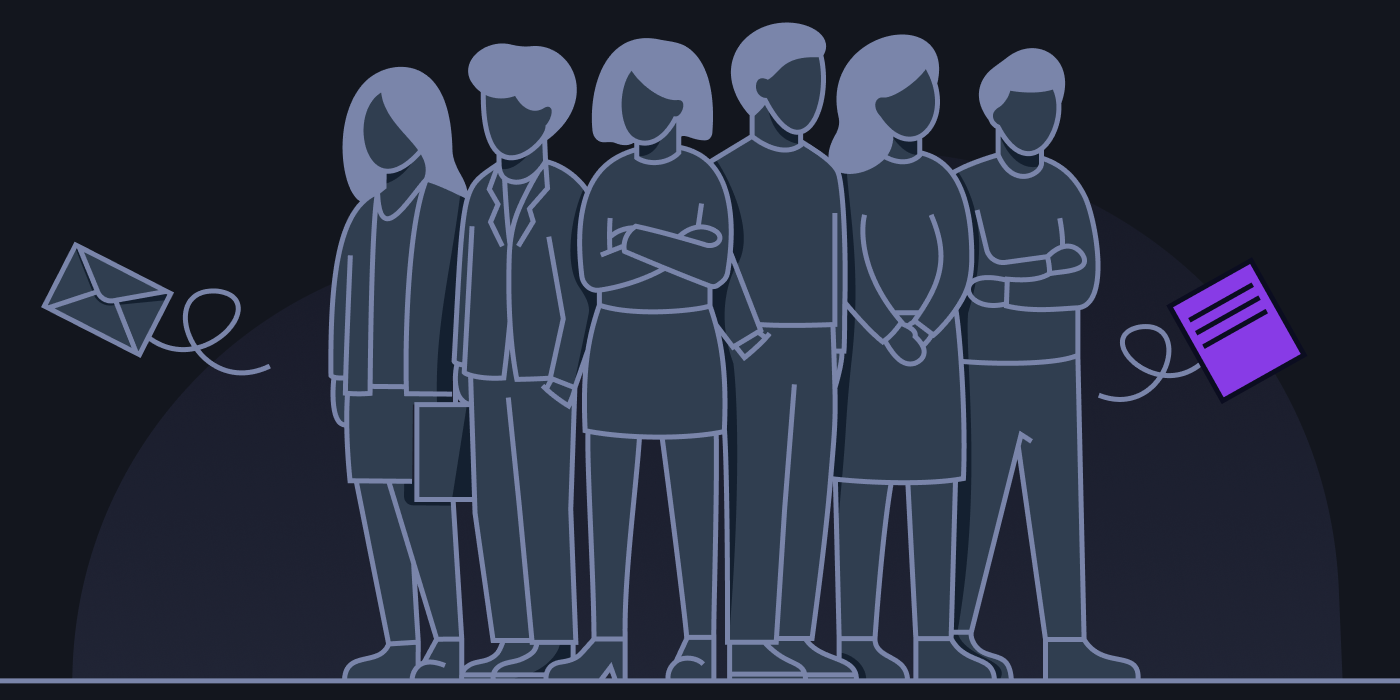
A leader is a person who is responsible for making the final decision about features, releases, and other activities related to an open-source project. In some cases, this is a single person; for example, Linus Torvalds is the original author and has the final say on anything related to the Linux kernel. In other projects, there may be one or more committees responsible for various aspects of a project, like the Core Technical Committee that governs the Node.js project.
The role they play in the Gitopia ecosystem
- A leader would be the person who has the administrator rights of an organization or open-source repository hosted on the Gitopia platform.
- Leaders create new projects or fork existing projects.
- Leaders follow the security policies laid down for the project.
- Leader monitor vulnerabilities and patch them whenever it is needed for the project.
- The leader keeps up with supported versions so that the library is up to date.
- Leader reviews and accepts improvements to the project.
- A leader would be the final decision maker for all matters related to their project.
- Leaders accept proposals, approve PR and reward other users for their contributions in LORE tokens.
Incentives to participate in the Gitopia ecosystem
- Gitopia offers them the ability to attract funding right on the Gitopia platform itself. They can pitch their ideas to the funding organizations and other participants in the Gitopia ecosystem and receive financial support in the form of LORE tokens.
- The leaders can then use the aid received in LORE tokens to fund bounties/issues/proposals to attract code contributions for their projects.
- Another advantage brought by Gitopia to the leaders is making open source licenses more actionable through smart contracts.
- Gitopia also offers them censorship-resistant permanent storage for their repositories.
- Introduce monetization mechanisms or expenditure plans in LORE tokens and make the project sustainable and transparent from day 1.
- Use Gitopia platform services like actionable licenses, static analysis and introduce innovative ways to grow the project.
- Stake LORE tokens to earn rewards and secure the network
- Participate in platform governance.
Maintainers
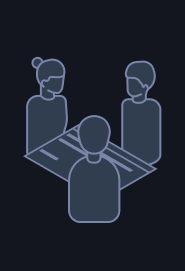
Maintainers are the people responsible for maintaining an open-source project. Most leaders delegate some of the decisions to people who are responsible for maintaining specific parts of the project, and in large projects, these maintainers may also delegate to people who are responsible for subcomponents of their portion.
A maintainer doesn’t necessarily have to be someone who writes code for your project. It could be someone who’s done a lot of work evangelizing your project or written documentation that made the project more accessible to others. Regardless of what they do day-to-day, a maintainer is probably someone who feels responsibility over the direction of the project and is committed to improving it.
The role they play in the Gitopia ecosystem
- Maintainers on Gitopia will track ongoing work on their projects and make sure that it gets reviewed and merged in a timely manner.
- They will direct the orchestration of developers and reviewers, making sure that they connect to each other appropriately, often serving as dispatchers.
- The maintainer manages a timely response to queries related to the project or directs the users in the correct direction. They are often the first person a new contributor meets.
- The maintainer answers questions related to the contribution, getting started, or direct them to the forum for further queries or even find help for harder problems.
- Maintainers encourage a friendly working environment for developers, check and update issue trackers, encourage developers to review the code before merging, and allow excellent reviewers to maintain the project.
- Maintainers also take ownership of final responsibility. If no reviewer can be found for an important contribution, they review. If no developer can be found to fix an important bug, they develop.
- Maintainers also help in running activities like code fest, bug bounties to attract more contributors to the project.
Incentives to participate in the Gitopia ecosystem
- The incentives provided by Gitopia for the leaders, as pointed out in the previous section, are applicable for the maintainers too.
- By funding bounties, issues, and proposals on Gitopia with LORE tokens, maintainers can easily attract more code contributions to their project and form an active developer community surrounding it.
- Stake or delegate LORE tokens to earn rewards and secure the network
Contributors
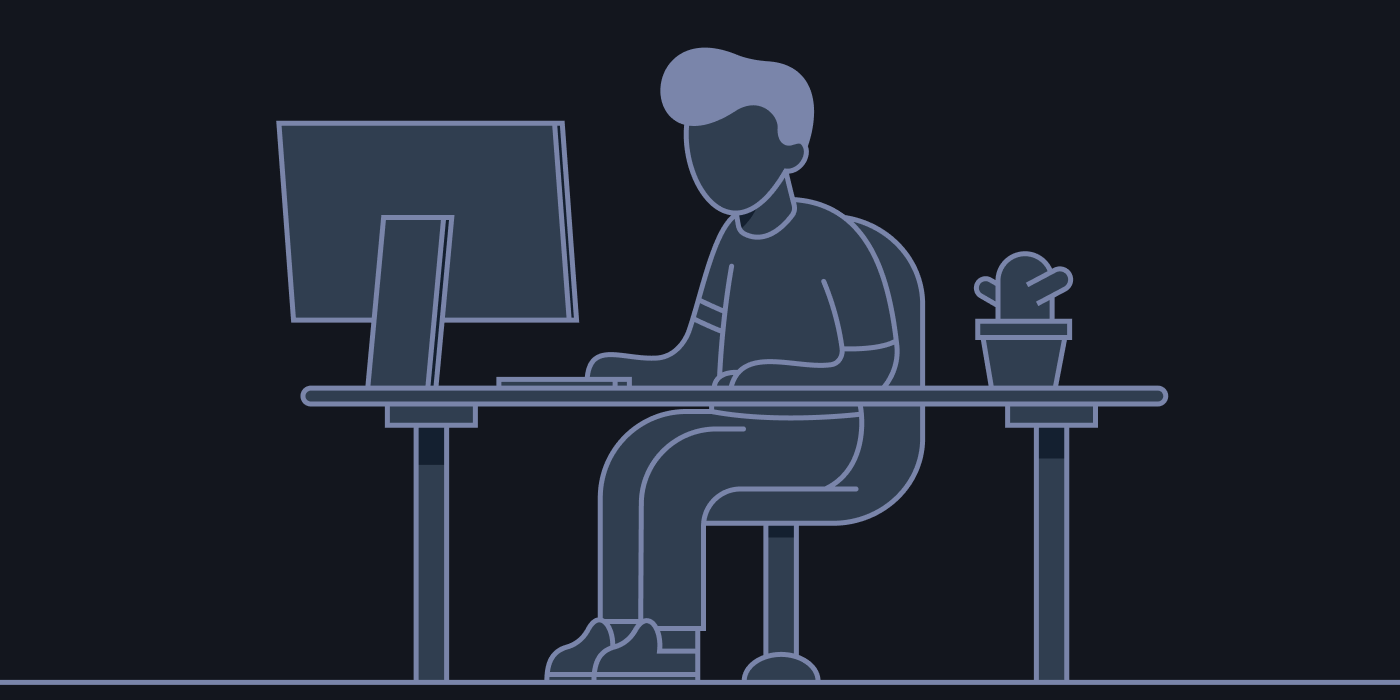
Contributors are the people who contribute to open-source projects with code, documentation, and other contributions. The code contributions are usually subject to review from the maintainer before they are included in the open-source project’s repository.
A contributor could be anyone who comments on an issue or pull request, people who add value to the project (whether it’s triaging issues, writing code, or organizing events), or anybody with a merged pull request.
The role they play in the Gitopia ecosystem
- Contributors fix bugs or create new features for open source projects hosted on Gitopia.
- A contributor comments on an issue or pull request and add value to the project
- A contributor points out a bug or even sends pull requests that fixes it.
- Send proposals for any improvement in the project.
- Contributors can also pick issues to work on and make contributions to any projects on Gitopia.
- Contributors write code and docs and generally are the agents of change in an open-source project.
Incentives to participate in the Gitopia ecosystem
- To motivate developers to contribute their valuable time and write code for open source projects, Gitopia will reward their contributions with LORE tokens through its open-source incentivization mechanism.
- Stake LORE tokens to earn rewards and secure the network
- Participate in platform governance.
Citizen Developers
The most important group of people in an open-source project is likely to be the ones who actually use the product. They might use the software or use the source code of the project for learning purposes.
The role they play in the Gitopia ecosystem
- They give the projects a purpose and help them grow.
- They identify new features needed in open-source projects.
- These valuable members of the community can provide feedback about features, bug reports, and more. This helps ensure that the product is of increasingly good quality.
Incentives to participate in the Gitopia ecosystem
- Due to the incentives provided by Gitopia to the open-source developers, users/citizen developers will likely find better-maintained projects with faster bug fixes on Gitopia.
- They can use Gitopia to show their appreciation for the work done on their favorite open source projects by donating LORE tokens to them right on the Gitopia platform.
- Use LORE tokens for using paid subscriptions or other monetization mechanisms implemented by a project, if any.
- Stake LORE tokens to earn rewards and secure the network
- Participate in platform governance.
- Earn bounties and other incentives offered by Gitopia.
---
The community is one of the things that can make or break an open-source project, and having a strong, vibrant, and diverse open source community is important to the project’s success. All of the people in the roles listed above are part of this community, along with people filling other critical roles in the project for documentation, marketing, user support, and so much more.
The above blog explains the roles and responsibilities of the various members of the community and the incentives offered to them by the Gitopia ecosystem.
Click here to learn about the other ecosystem participants, their incentives, and their roles in the Gitopia ecosystem.
---
About Gitopia
Gitopia is the next-generation Decentralized Code Collaboration Platform fueled by a decentralized network and interactive token economy. It is designed to optimize the software development process through collaboration, transparency, and open source incentivization.
Follow us
Website: https://gitopia.com/
Whitepaper: https://gitopia.com/whitepaper.pdf
Telegram: https://t.me/Gitopia
Discord: https://discord.com/invite/mVpQVW3vKE
Twitter: https://twitter.com/gitopia_DAO
Forum: https://forum.gitopia.com/
